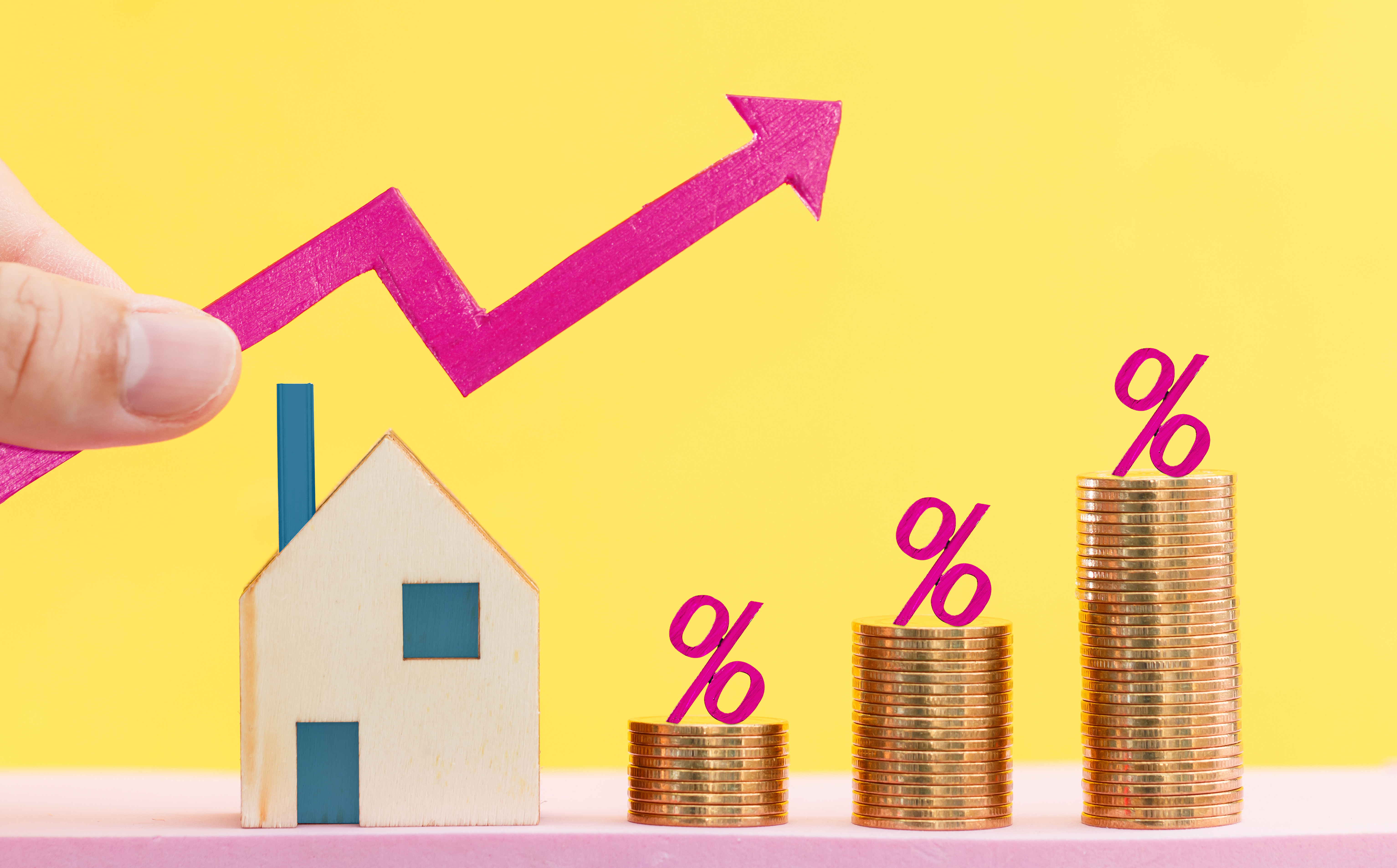Buying a property in the UK is an exciting but daunting experience, especially when it comes to understanding the financial commitments involved.
One of the most significant costs of buying a home is the interest charged on your mortgage. In this article, we’ll explore how mortgage interest works in the UK.
What is Mortgage Interest?
Mortgage interest is the cost of borrowing money to purchase a property. When you take out a mortgage, the lender charges interest on the amount you borrow. The interest rate offered by the lender is the amount of interest you will have to pay, and this is usually calculated as a percentage of the outstanding balance on your mortgage.
Fixed Rate Mortgages
A fixed-rate mortgage is a type of mortgage where the interest rate is fixed for a set period of time. This can be a popular choice for those who want to have a predictable mortgage payment and budget accordingly. The fixed period can range from two to ten years or more, depending on the lender’s offer.
Variable Rate Mortgages
Variable rate mortgages have interest rates that can go up or down depending on various factors. These include the Bank of England base rate, inflation, and market conditions. The interest rate on a variable rate mortgage is usually lower than a fixed-rate mortgage but can increase over time. This type of mortgage offers flexibility as the borrower can usually make overpayments or early repayments without incurring any fees.
Standard Variable Rate
If your fixed or discounted rate period ends, you will usually move onto the lender’s standard variable rate (SVR). The SVR is the interest rate set by the lender, and it can change at any time, meaning your monthly mortgage payment could increase or decrease. Most lenders offer discounts on their SVR to customers who have a high amount of equity in their property.
What is the difference between a Repayment and Interest only mortgage?
With repayment mortgages the borrower makes regular payments, typically on a monthly basis, that cover both the principal amount borrowed and the interest charged on that amount. The repayment amount is calculated based on the length of the loan term, the interest rate, and the amount borrowed. Over time, as the borrower makes these regular payments, the balance owed on the loan decreases until it is fully paid off at the end of the loan term.
With an interest-only mortgage however, the borrower only pays the interest charged on the loan amount for a certain period of time, usually the first few years of the loan term. During this period, the borrower’s payments are lower than they would be with a repayment mortgage because they are only paying the interest and not the principal. However, after the interest-only period ends, the borrower must begin making payments that include both principal and interest, which typically results in a higher monthly payment than they would have had with a repayment mortgage.
How is Mortgage Interest Calculated?
Mortgage interest is usually calculated daily and added to your mortgage balance at the end of each month. The amount of interest you pay depends on the size of your mortgage, the interest rate offered by the lender, and the term of your mortgage. The longer the term of your mortgage, the more interest you will pay.
If you have a variable rate mortgage, your lender will review the interest rate periodically, usually every few months. If the Bank of England base rate increases, your lender may also increase your mortgage rate. This will increase the amount of interest you pay, and your monthly payments will increase.
Mortgage interest is an essential part of buying a property in the UK, and it’s essential to understand how it works to make informed financial decisions. If you would like to know more about mortgage interest, speak to one of our team of experts and they will be happy to discuss it further with you. By choosing the right mortgage type, you can ensure that you have a predictable payment plan that works for your budget.
Be aware that your mortgage interest rate can change over time, so it’s essential to keep an eye on interest rate movements and the impact they may have on your finances.
Click here to find out more about buying a home and try our mortgage calculator tool, or give one of our experts a call on 01202 850 830 for a no-obligation chat.
Please also remember that your home may be repossessed if you do not keep up repayments on your mortgage.

